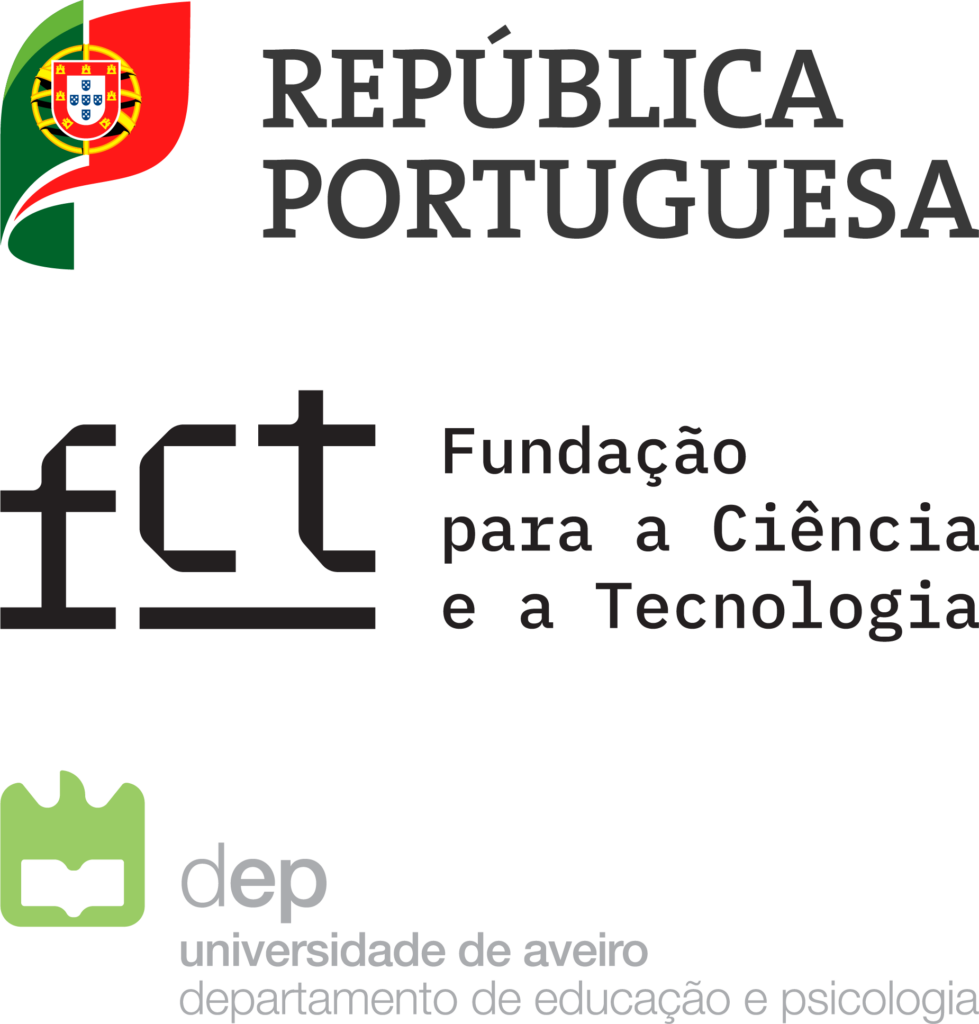
Entre 18 e 19 de julho de 2025, a Universidade de Aveiro (UA) marcou presença no pavilhão de Portugal na Expo 2025 Osaka.
Sendo o tema da participação Portuguesa “Oceano, Diálogo Azul”, a exposição centrou-se no trabalho da UA em investigação marinha, sustentabilidade e educação. Os visitantes puderam explorar vídeos e painéis informativos que apresentavam projetos de investigação, programas académicos e recursos disponíveis no campus e na região.
Entre os posters encontrou-se “Ocean Literacy Activities” que apresenta atividades e recursos educativos, nos quais a investigadora Dionísia Laranjeiro (CIDTFF, UA) se encontra envolvida.
O poster destaca o comprometimento da UA em realizar atividades criativas e recursos direcionados a alunos, que incentivem a reflexão ativa sobre a sustentabilidade marinha, despertem a curiosidade, e os capacitem com conhecimentos sobre a influência do oceano nos seres humanos, e a sua influência no oceano.
A investigadora realça a importância de cada ação – as atividades criativas, os recursos educativos, e um livro ilustrado e multilingue – para refletir uma abordagem abrangente à literacia sobre o oceano, que combina ciência, educação e criatividade a fim de inspirar as gerações mais jovens.
Ocean Literacy Activities
The University of Aveiro is committed to promoting ocean literacy through diverse educational activities and resources. Integrated in Mission Ocean projects for the Atlantic-Arctic basin, these initiatives encourage active reflection on marine sustainability, aiming to spark curiosity and empower students with knowledge about the ocean’s influence on humans and our influence on the ocean.
Creative activities play a key role. Hands-on art workshops using marine litter allow students to create artworks that raise awareness of ocean pollution. These creations are then exhibited in schools, involving the entire educational community, including parents, teachers, and students, in a shared reflection on environmental responsibility. These sessions combine creativity and science, helping students understand the importance of reducing waste and protecting marine ecosystems.
To reinforce these experiences, educational resources have been developed within international consortia. Through digital games with playful challenges, students explore topics such as marine biodiversity, climate change, decarbonization, restoration, and sustainable maritime practices, promoting deeper engagement with complex issues.
A multilingual illustrated book for primary school children helps initiate classroom conversations on ocean protection, featuring an underwater robot who introduces young readers to marine life and environmental challenges.
Together, these actions reflect a comprehensive approach to ocean literacy, combining science, education, and creativity to inspire younger generations.
Texto do poster “Ocean Literacy Activities”




